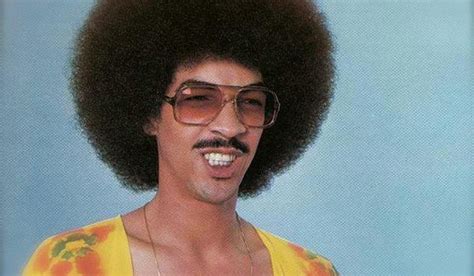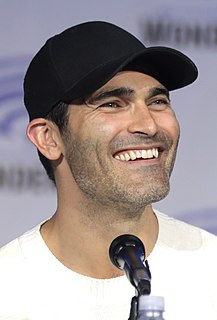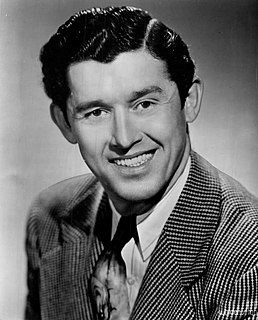A Quote by Satoru Iwata
We are trying to capture the widest possible audience all around the world. In other words, we are trying to capture the people who are even beyond the gaming population.
Related Quotes
I would say, when you're playing video games that involve competition against somebody else, you have to be able to understand what's going on and react in the fastest time possible to either - if it's a capture the flag game, capture the flag, if you're trying to take out the other team, take them out. Same thing in basketball.
You know what the reward is to capture Saddam. You don't even need to capture Saddam, just say where he is. It's $25 million. This is what I love about our priorities. We spend $25 million trying to get rid of Saddam Hussein. The Republicans spend $50 million trying to get rid of Gray Davis. It doesn't seem quite right.
People have to follow their own strangeness. The minute they start making their own vision of the world flattened out so everyone can read it, they lose. I encourage people to be as awkward and odd on the page to capture their own way of seeing the world and not trying to see the world for other people.
I honestly think the impulse is to grab something and capture it, and not capture a moment that you want to remember, but just capture an image that you want other people to see right away. It's about how someone is going to "like" this and it's no longer an experience. It's just this constant sharing of images. I personally don't like that very much.


































